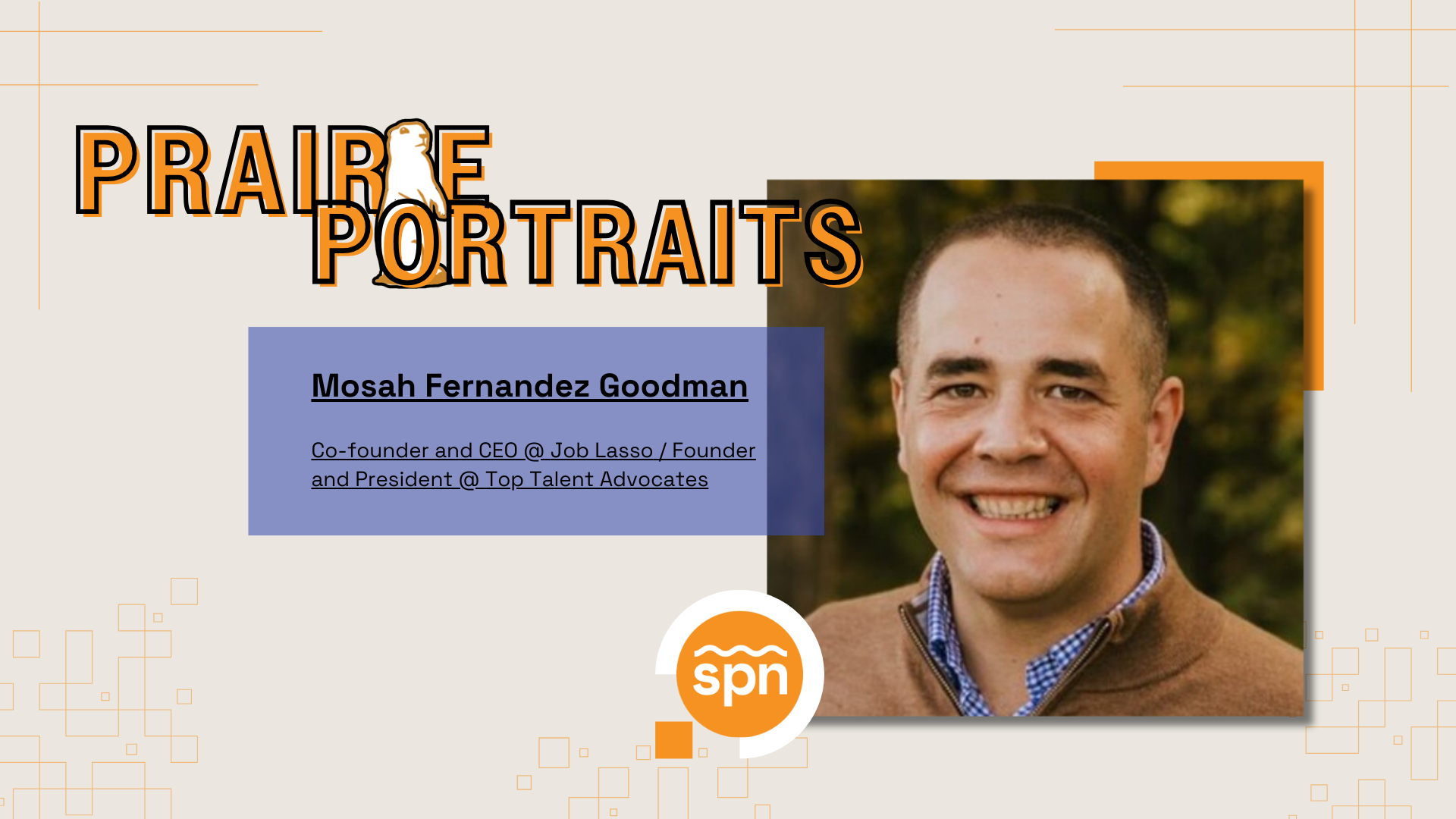
When we first pitched this topic to Ryan, I figured we’d rightfully get a reply like, “What is a middle-class white dude doing talking about diversity?”
However, in my most recent experience hiring for two positions at Bulu, Inc., two things became obvious to me: Diversity in your team is something you need, and you have to actively seek out the diversity you’re looking for.
I was once at a startup function where a group was discussing what VCs and employers look for when making an investment or hire.
One person piped up, “I want people that like to problem solve and usually they’re young, skinny, nerdy white guys.”
It wasn’t until I had left the event and a fellow attendee spoke up about the comment that I realized how damaging that statement was.
I know that person wasn’t intentionally being sexist, ageist, racist, etc., yet it opened my eyes to a bigger issue.
Everyone has that stereotypical image of an entrepreneur in their head: a dude in a hoodie. Media and reports from companies like LinkedIn and Apple have done little to change that mental image.
Yet research from the Kauffman Foundation has found that immigrants are more likely to be entrepreneurs in the U.S., and the startup populations with the most growth are female founders and founders over 35 years old. So, why do we make such specific assumptions?
Diversity wanted
A few months ago, we started the hiring process for a few positions at Bulu, Inc. Within 48 hours, we had over 500 applicants – and I was shocked, overwhelmed and grateful. In the early days, I couldn’t even convince my sister to work for me! (Probably a good move, Pam.)
In posting these new positions, I was intentionally trying to cast a wide net. And I was surprised with the results: Over 90% of our applicants were female, a much higher percentage than I’ve seen making previous hires.
We went through our standard process and eventually made two amazing, qualified new hires, but it began to trouble me that our field of applicants was consistently so narrow in demographic.
Nebraska might not be the most diverse state, but there had to be more fish in the sea that what I was seeing.
The simple answer
I reached out to my friend Shonna Dorsey, co-owner and Managing Director of Interface: The Web School. Shonna is a champion of women and minorities in technology and leadership, so I hoped she could enlighten me to what I was missing.
The knowledge bomb she dropped on me was this: You have to go directly to groups and ask them to apply.
Seems simple, I know. Yet it’s so easy to stay in the same pool and hire the same kind of people. You can even justify it: If X employee is so great, and Y candidate is similar, then Y will be as great an employee as X has been.
There’s a reason for the adage, “The first step to solving a problem is admitting that you have one.” We’ve always sought to build teams with diverse personalities and that’s why our company culture is strong.
People that wouldn’t normally hang out, people who differ in everything from religion to political stances, are working together at Bulu seamlessly. Our potential employees take the Hartman Color Code and Gallup StrengthsFinder tests because we’re looking for smart, capable candidates who can bring a fresh outlook to our team.
Get creative
I’m always going to be involved in our hiring process because people are the most important part of our company.
Eff product, marketing, tech, finance—if you don’t have brilliant, amazing people then nothing matters.
I make it a point to celebrate our team’s diversity of perspectives, experiences and backgrounds, because I’ve seen the benefit it’s had on our company’s growth.
I’ve learned that it’s not enough to sit on your ass hoping for diversity to fall into your lap; you have to intentionally seek it out.
I see the potential for the startup community to play a critical role in creating opportunities for people from all walks of life. And it can be as simple as changing the way you recruit talent in the first place.
Don’t be afraid to get creative with your hiring processes. Seriously, you won’t regret it.
—
Paul Jarrett is the co-founder of Bulu, Inc., which operates Bulu Box, a B2C discovery e-commerce platform that allows consumers to sample and find their new favorite healthy living products while providing actionable data back to brands; and Bulu Marketplace, a proprietary B2B platform connecting suppliers of CPG products and consumer insights data to retailers like Jet.com, Target and Lucky Vitamin. Paul has helped launch million dollar brands, and executed campaigns for Lowe’s and Nike. In 2010, Paul joined Complete Nutrition where he built the marketing and communications department and positioned Complete Nutrition for success in a saturated market. The company became one of the fastest growing startups in the country.
Special thanks to Mariah Nimmich and Nicole Bauer for their help crafting this article.





5 responses to “Your startup will never be diverse”
Good article. There has to be a level of intentionality. I was talking about this same subject the other day to someone and they made the statement that the “startup” culture is very insular and centered around white males.
This is very unfortunate for a variety of reasons. The first reason is on if macro level economic equity. If the emerging economic trends accrue benefits the same way historic economic trends did (predominantly to the White male) then the economic inequity will be reinforced under the new economic models.
Another macro-economic reason this should concern us is due to the shifting demographics. If the Hispanic population continues to grow much faster in proportion and they are not adequately represented in the innovative entrepreneurship group, the potential for long run economic challenges is probably pretty high for the nation.
Finally, this connects very directly to issues of power and there for social unrest. As we know, the group that drives economic growth tends to also have a disproportionate share of power in America. As the entrepreneurial class continues to emerge with no or limited diversity by ethnicity and gender the power continues to exist in a very narrow band of the American population. This perception of “powerlessness” among the diverse population serves as a back drop to social unrest and potential upheaval.
Like I said in the prior article I wrote on a similar topic for SP, diversity has to be intentional on both sides of the equation.
Thanks Dell, for sharing your perspective and your passion with our community.
Thanks @Dellgines:disqus – I greatly appreciate your thoughts and comments. You absolutely nailed it with “There has to be a level of intentionality.” and that is one thing you won’t ever understand unless you try to do the work yourself.
When middle class white dudes get around to talking about diversity, it feels to me as if a miracle has occurred. Let’s stop and be grateful for a minute. And then I am always excited to hear about someone learning or developing a new perspective. Congratulations Paul, may we continue to take the risk of moving into personal discomfort to realize there are talented folks around us doing their best to escape the inertia of group think. Entrepreneurs practice alchemy when they take the straw of hope and weave it into a golden opportunity for all of us, whether we wear hoodies or not.
Thank you very much for the kind words @catleverett:disqus. I’d be lying if thoughts along the lines of “why should I say something.” or “there is a risk people misinterpret this.” didn’t cross my mind. At the end of the day, and especially right now in America, I hope more of us are trying to do what is right by everyone and not what is “good for me.”
Truly grateful for your comment.
Oh and props to my team (mostly Mariah, Nicole and Hank 🙂 ) for helping me on this…they’re the best.